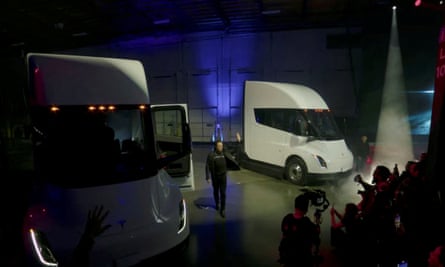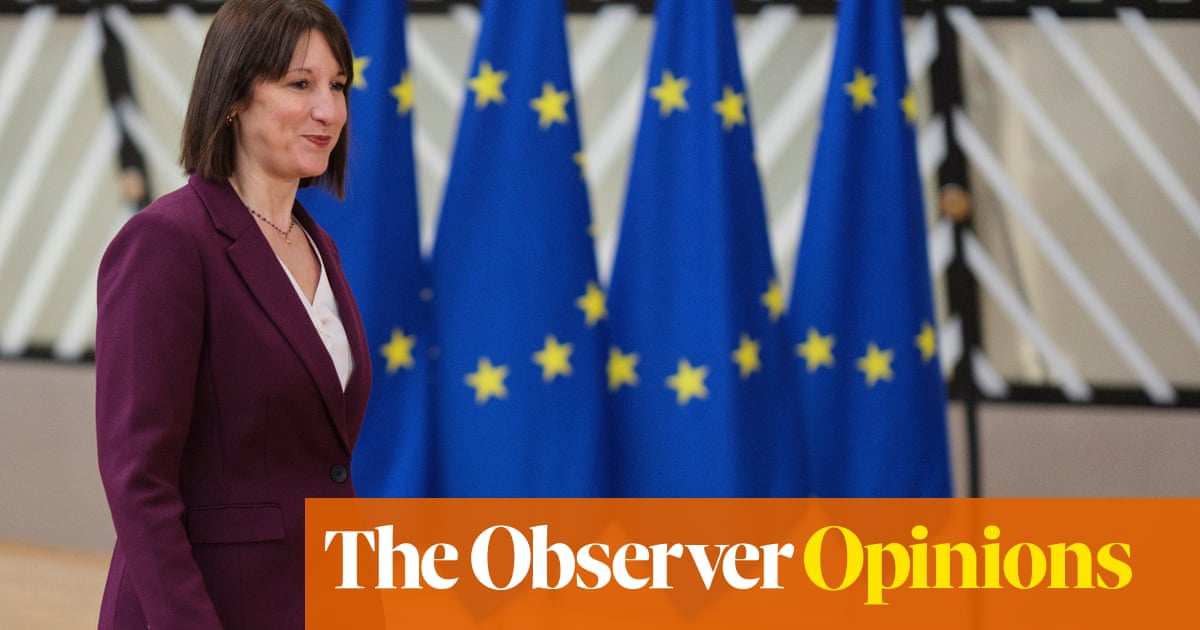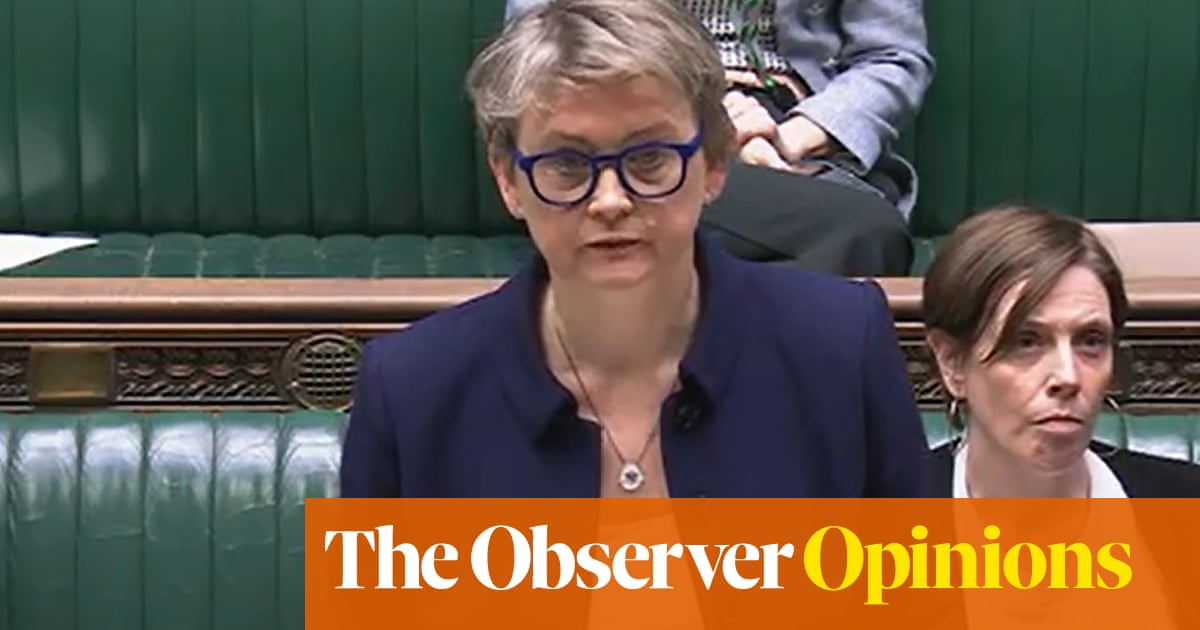Tesla lobbied the UK government to strengthen rules on carbon emissions from cars and lorries, according to documents that also show the electric carmaker continued to push for increased taxes on fossil fuel cars.
The US carmaker, which is run by Elon Musk, pushed for the British government to strengthen its zero-emission vehicle (ZEV) mandate for cars and introduce equivalent rules for heavy goods vehicles (HGVs), in a letter to Lilian Greenwood, the Labour roads minister.
Musk has launched a public feud with Labour, but his company has been more complimentary. A Tesla vice-president wrote in July that “we applaud the Labour party’s strong position to decarbonisation of the energy system by 2030, growth and net zero”. The letter was obtained under freedom of information laws by the Fast Charge newsletter and shared with the Guardian.
Tesla’s message stands in contrast to several rival car manufacturers, which have lobbied strenuously for the rules to be relaxed. Under the ZEV mandate, manufacturers must sell more electric cars every year, but manufacturers with British operations have argued there is not enough demand for electric cars.
The UK government last month indicated that it will loosen regulations for its ZEV mandate on cars, after complaints by manufacturers including Ford, Land Rover owner JLR and Peugeot owner Stellantis that it was imperilling their British businesses.
In contrast, Tesla argued that “continued progress and further strengthening of the zero-emission vehicle mandate is needed” because quicker sales of new electric cars will mean the used electric car market will develop at a faster pace.
For lorries, the imposition of a mandate would be likely to stimulate the market for electric heavy goods vehicles just as Tesla seeks to sell its first model, the Tesla Semi. In 2017, Musk promised that the vehicle would be in production in 2019. That prediction – as is often the case with Musk – was wildly optimistic, but the company now says it due to start production in 2026, and prototypes have gone through on-road testing in California by the delivery company DHL.
Tesla wrote in the letter that “urgently action is needed” on tackling emissions from trucks. It wrote: “Government should begin consulting on a ZEV mandate for HGVs, as soon as possible.”
It added that “the UK is now falling behind” the EU, which has emissions reduction regulations for lorries. In the EU, manufacturers must reduce average emissions by 45% in 2030 compared with 2019, and 90% by 2040.
A mandate for ZEV lorries would likely benefit Tesla because it could open a lucrative new market for “credits” that could be sold to rival manufacturers.
Tesla has long argued for stricter rules on clean transport, driven by Musk’s belief that carbon emissions should be taxed because they represent an “unpriced externality”.
Tesla has argued in previous submissions to government for higher taxes on petrol and diesel cars. In its latest letter the company said subsidies, if considered, should be “revenue-neutral”, with higher taxes brought in on fossil fuel cars to subsidise sales of electric cars.
after newsletter promotion

Despite Musk’s embrace of Donald Trump and the global heating-denying political far right – to the chagrin of many of Tesla’s environment-conscious buyers – the car company continues to earn huge amounts from selling credits to rivals. It made $2.1bn (£1.65bn) from credits in the first nine months of 2024, according to the New York Times.
Trump has said he will slash subsidies for electric cars in the US, a move that could harm Tesla sales. However, Tesla and Musk may benefit indirectly if rivals are not given help to catch up, while Chinese carmakers who are the main global rivals to Tesla are blocked from selling to the US by 100% tariffs.
Musk is also expected to use his access to Trump to push for looser regulation of the autonomous car industry, which Tesla hopes will be a key part of future revenue growth as it produces a new Cybercab self-driving taxi. In its letter Tesla also said the UK has an “opportunity to lead” in the development of autonomous driving technology.
Tesla declined to comment further.

.png) 1 month ago
7
1 month ago
7













































